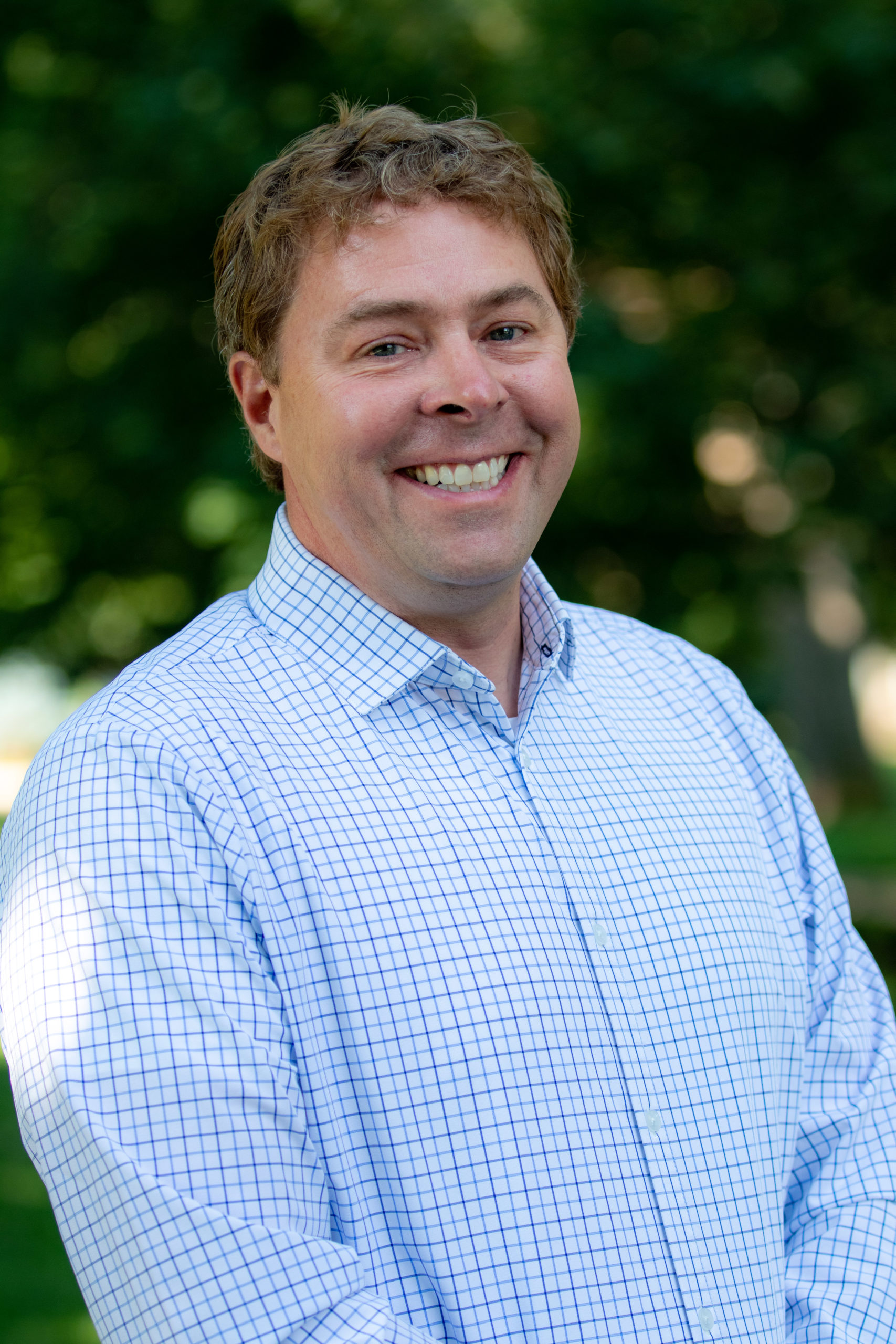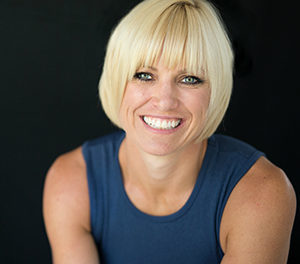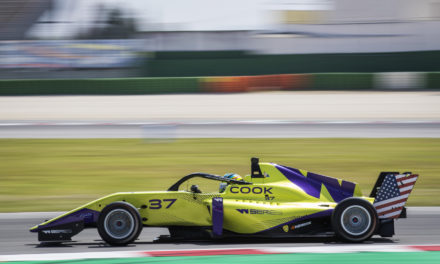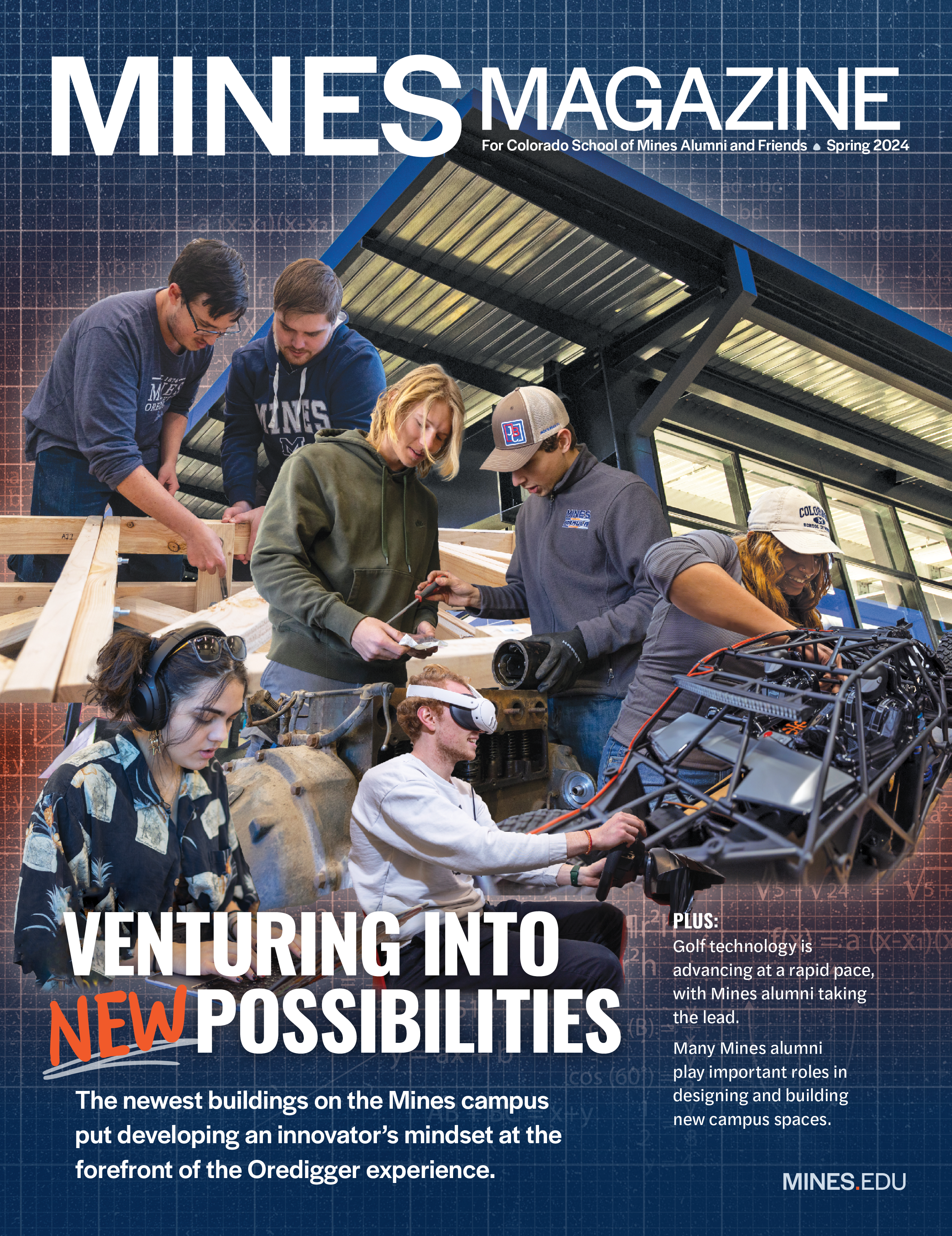Bold decisions

Oil and gas plays an important role in our global energy future, and innovation to improve well site safety and efficiency is paramount to that future. Just ask Brian Wiesner ’95, president and chief operating officer of Downing, who is focused on designing and delivering new solutions for wellhead systems, frac equipment and more to take the energy industry forward. But that often means making tough calls to stay ahead of the game.
We sat down with Wiesner to talk about the innovation happening at Downing and what that could mean for the workforce and the future of energy innovation.
Mines Magazine: Downing has been at the forefront of oil and gas well innovation in recent years, often with innovative new products and improved manufacturing. How have innovation and technological advancements in these areas changed worksites or how the industry is approaching oil and gas operations?
Brian Wiesner: The technology that is being deployed on well sites has certainly changed over the last few years. Downing is on the forefront of this step change in technology. Our Freedom Series represents next-level automation and control. We have catalyzed a leap in efficiency by systematically eliminating common causes of nonproductive time on location. And we’ve done this with innovative products that are inherently safer than those previously available in the market. Practically, this means a safer, more efficient site with a smaller footprint where the surface systems are controlled, not just monitored, by a holistic system. The Freedom Series Completion System provides unparalleled visibility and control. We have edge devices collecting and streaming immense amounts of data. We have developed automated workflows that drive numerous operational sequences. We have mechanical and software redundancies that prevent failures or human error. And the entire system can be run remotely from anywhere in the world.
MM: Could an argument be made that this automation is eliminating jobs by not having people on site performing these tasks, or do those employees now have the capability to perform that work remotely?
Wiesner: There is some consolidation at the margin, but we think of it in terms of high-grading positions. In the current environment, it’s a difficult task to find people to fill open positions, particularly given the nature of some of the on-site positions, so we are taking jobs that previously were out on a well site and moving those to a remote operations center. Because our system can be controlled remotely, our technicians can monitor and troubleshoot from a centralized location. As you might imagine, this has myriad advantages. A recent example would be a well control situation where a valve residing below our system failed. The operator needed to set a downhole plug, but it was a dangerous situation due to the pressure release. Historically, a person would be required to enter the red zone and manually operate equipment to contain pressure. With our system, we were able to operate the equipment from an ops center more than a thousand miles away, so we were able to mitigate the risk associated with this dangerous incident.
MM: As Downing’s leader, how do you ensure your business stays at the forefront of the latest energy challenges while remaining true to the company’s roots and values?
Wiesner: We have invested heavily in R&D and our people. We have created a culture of innovation, and our team is constantly thinking about solutions in response to our customers’ challenges. We have also developed deep knowledge and expertise in manufacturing, automation, control and digitization that can be leveraged across a variety of industries or sectors of the economy. Our history is rooted in oil and gas, and we know that fossil fuels are going to be needed for decades to come. We also know that irrespective of what the future holds, we are nimble and have the capacity to play a role in the provision of energy to the world.
MM: What advice do you have for other business leaders, particularly other engineers?
Wiesner: My advice is to not be fearful to make decisions. My observation is that engineers tend to rely on thorough analysis before making most decisions. Unfortunately, the analytics aren’t always sufficient, and there may be variables that can’t be eliminated or fully controlled. Many decisions—often important ones—have to be made quickly and often without all the answers. That is the fundamental nature of business and a requirement if you want to lead.





